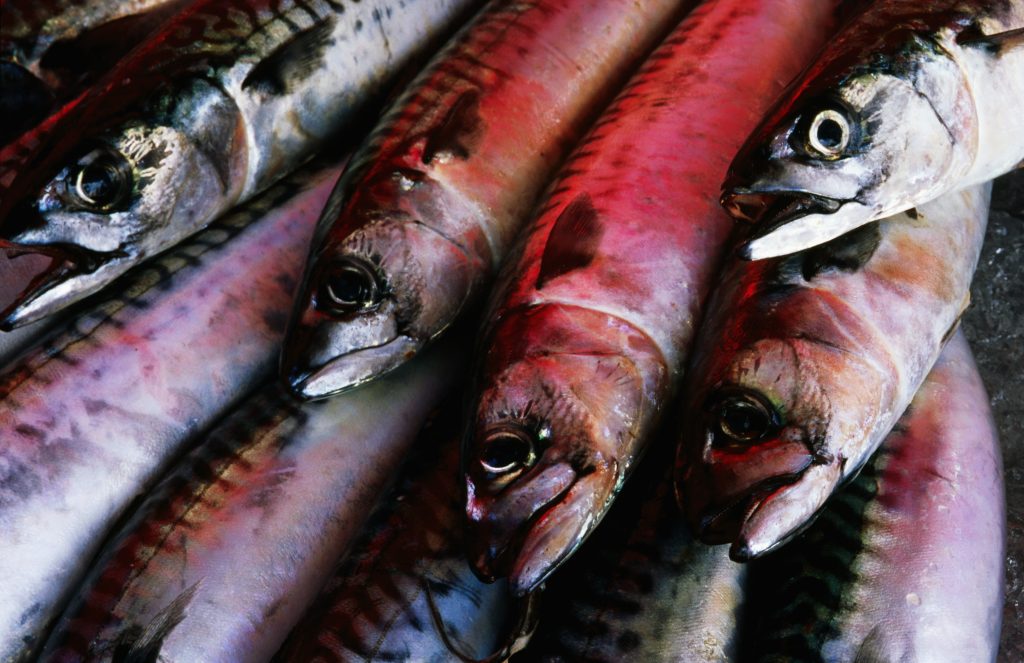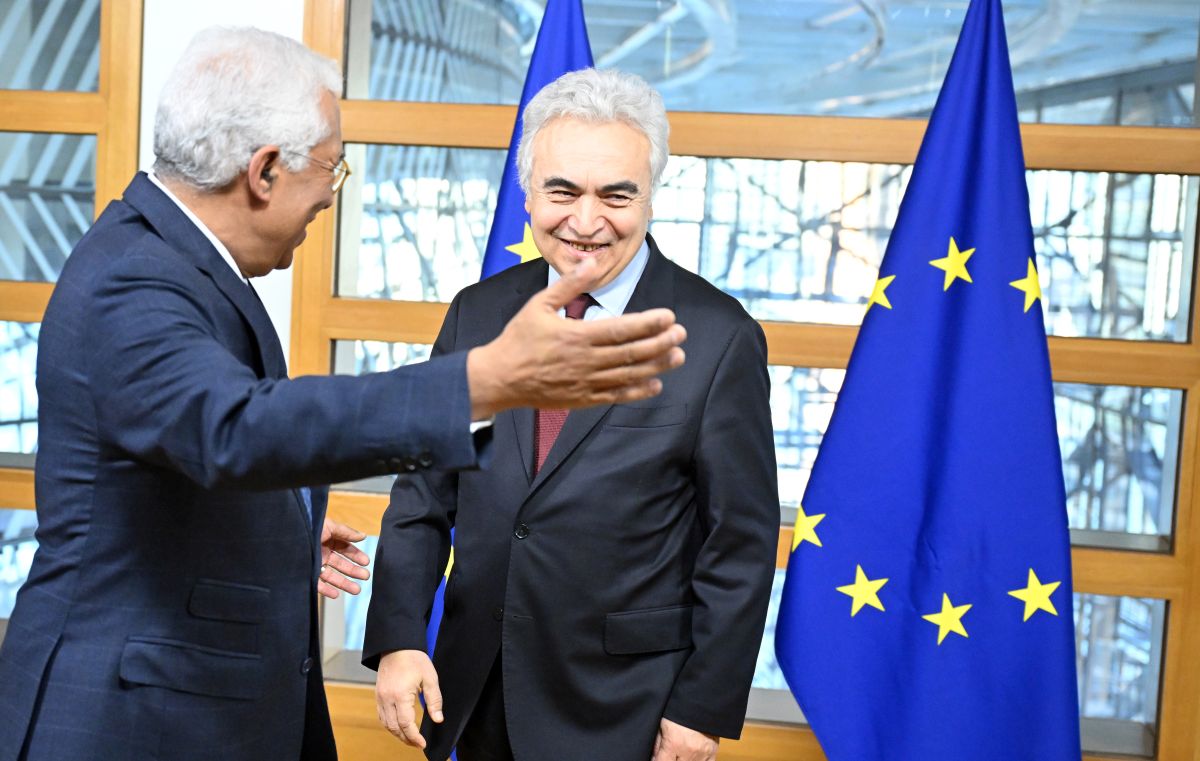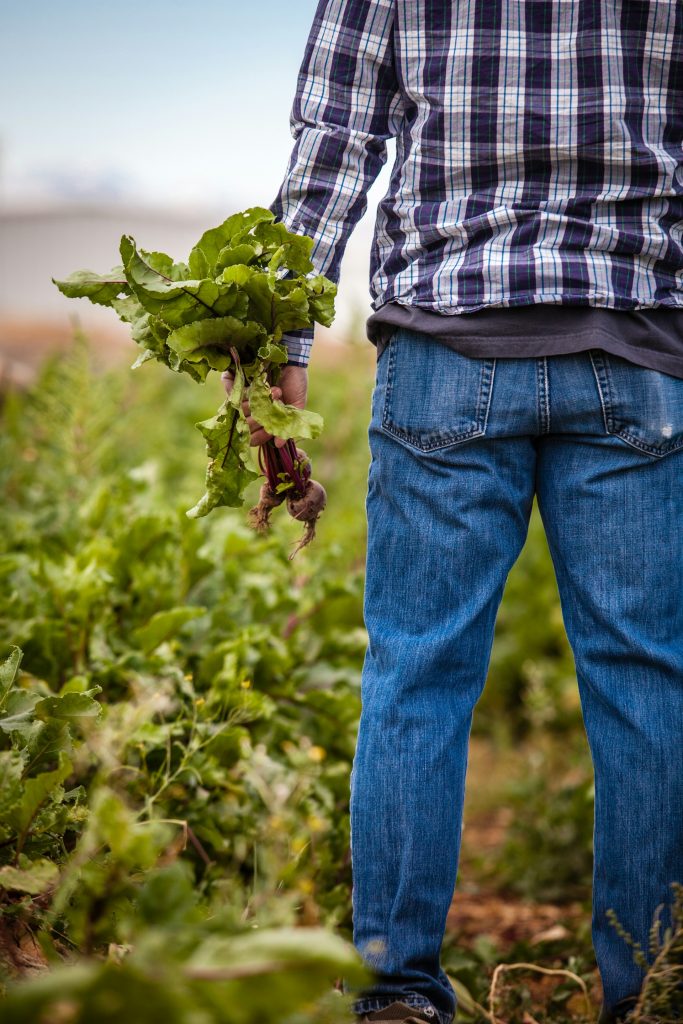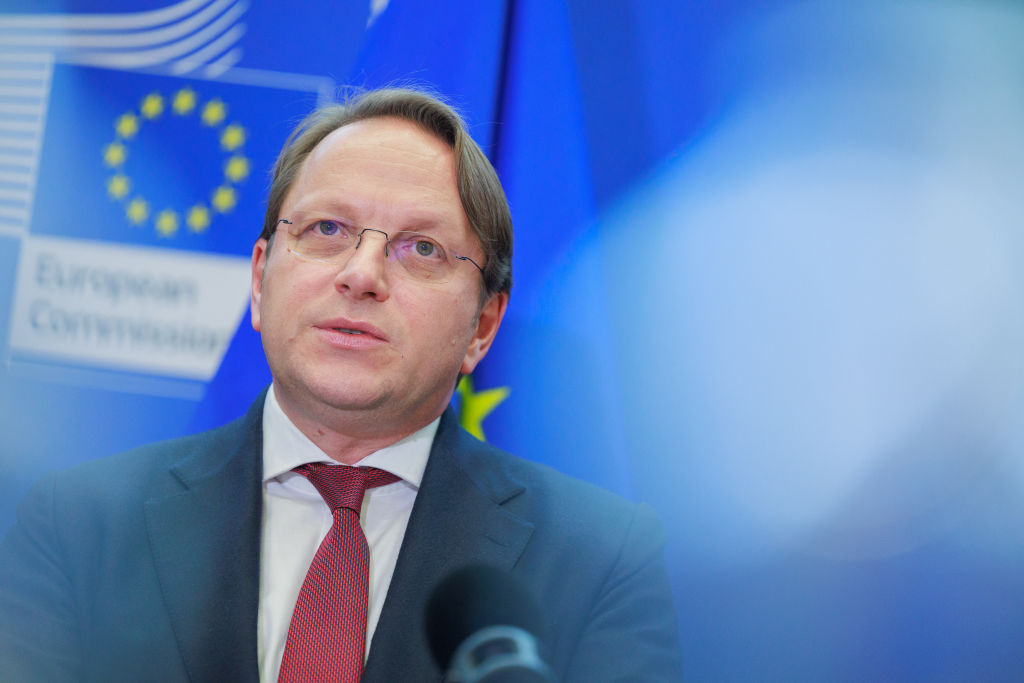The Urgent Need for Transparency and Accountability in Northeast Atlantic Fisheries Management
There is an urgent need for transparency and accountability in Northeast Atlantic fisheries management. Ryan Orgera critiques NEAFC’s dysfunction, highlighting overfishing of key species due to opaque decision-making. Reforming governance and enhancing observer participation are essential for sustainable fisheries.

Fisheries in the northeast Atlantic are in peril.
With nearly six percent of the global finfish catch coming from this part of the world, continued overfishing could soon spark serious consequences. But the governance system that aims to prevent this overfishing is being subverted by the countries that are catching the fish, and the public is being kept in the dark.
Ryan Orgera is the Global Director at Accountability.fish
Three critical species—Atlantic herring, mackerel, and blue whiting—are subject to ongoing overfishing, a direct consequence of dysfunction in the region’s primary governance body, North East Atlantic Fisheries Commission (NEAFC) and of the insistence of its member countries on conducting much of their business through a parallel, questionably legal set of bi-/multi-lateral meetings that are closed to observers and the public.
Despite access to considerable scientific advice, the member countries of NEAFC repeatedly fail to agree on how to share the total allowable catch (TAC), leading to collective overfishing.
In 2023 alone, the sum of quotas for mackerel was 151% of the advised TAC, herring 136%, and blue whiting 123%. These numbers reflect a broader systemic issue: a lack of accountability, transparency, and governance norms within these forums.
The makeup of NEAFC itself is part of the issue.
In NEAFC, Iceland, the UK, Norway, and Russia are sovereign members and act on their own behalf in formal NEAFC meeting and in the informal multilateral meetings called “Coastal States” consultations. Because of the intricacies of European Unification on one hand and colonial-transition politics on the other, the European Union represents continental Denmark, but Denmark represents Greenland and the Faroe Islands at the NEAFC table – and Greenland and the Faroes each has its own seats at the Coastal States consultations.
Because they operate outside of a formal legal framework, the Coastal States consultations are problematic in principle.
They are even more problematic practically as they are where most of the region’s fisheries management decisions are made. This effectively neuters NEAFC and also undermines the effectiveness of any efforts aimed at protecting these valuable resources on a region-wide basis.
A System of Dysfunction
The Coastal States consultations are marked by opaque decision-making, unilateral quota-setting, and a disregard for scientific advice.
Observers have limited to no access to these meetings, and when rarely allowed are treated more as afterthoughts than meaningful contributors. Lacking formal mechanisms for observer engagement, these meetings often feel exclusionary and unwelcoming to stakeholders seeking to input on sustainability and governance.
Even with its more formal structure and its adherence to a more structured governance process, NEAFC itself also suffers from transparency issues.
Despite some recent progress, observers are still excluded from several important subsidiary bodies, and participation in key decision-making committees is highly restricted. Its pivotal Permanent Committee on Monitoring and Compliance (PECMAC), bars observers from participating. Indeed, NEAFC’s annual meeting is often a closed-door affair, where crucial negotiations happen in secret bilateral discussions away from observer oversight and thus any public accountability.
Resolving this dysfunction is not only an administrative issue, it is a political one, and the geopolitical context does not help. NEAFC deliberations are marred by tensions between Russia and the other parties due to the war in Ukraine, by disagreements between the United Kingdom, the European Union and Norway post-Brexit, and by internal divisions within the Nordic countries – all of which contribute to the gridlock. However, the systemic dysfunction is much older than these recent geopolitical changes and these should not be an excuse not to act for wealthy nations which often see themselves as examples for the rest of the world.
With no comprehensive sharing agreement in place for the catches of any of the three major stocks since 2014, the Coastal States remain locked in a perpetual cycle of negotiations, facilitating little meaningful progress toward sustainable fisheries management.
The Stakes for Global Fisheries
The stakes in this struggle are global. Atlantic herring, mackerel, and blue whiting rank among the highest in global fish landings, providing crucial food and economic resources for many countries. Continued overfishing of these species threatens the health of entire ecosystems, undermines the livelihoods of coastal communities, and diminishes the capacity of these stocks to regenerate for future generations.
To reverse the current trajectory, the Coastal States and NEAFC must embrace greater transparency and accountability.
This starts with adopting and formalising guidelines for observer participation at the Coastal States level, as outlined in the 2017 NEAFC Guidelines for Coastal States consultations. Observers should have the right to attend management meetings, engage in intersessional negotiations, and access relevant documentation in a centralized repository. These measures would ensure that decisions are made in the open, allowing for more public scrutiny and, ideally, better outcomes for the sustainability of these fisheries.
NEAFC itself must reform its rules of procedure to allow for more robust observer participation. This includes opening up the PECMAC to observers and removing restrictions that limit observer participation in the Permanent Committee on Management and Science (PECMAS) to only two seats per organisation. Additionally, the requirement to reapply annually for observer status for the NEAFC annual meeting should be replaced with a five-year “observer” term, allowing for more sustained engagement and continuity in advocacy efforts.
The Path Forward
The lack of transparency and accountability in regional decision-making processes in the Northeast Atlantic undermines their legitimacy, erodes trust among stakeholders, and is contributing to continued overfishing. Without meaningful reform, the region’s most valuable fish stocks will continue to decline, with dire consequences for the marine environment and the communities that depend on them.
Adopting transparent governance norms, allowing for meaningful observer participation, and committing to scientifically sound fisheries management are essential steps toward sustainability. The time for half-measures has passed. The world is watching, and the stakes could not be higher.









